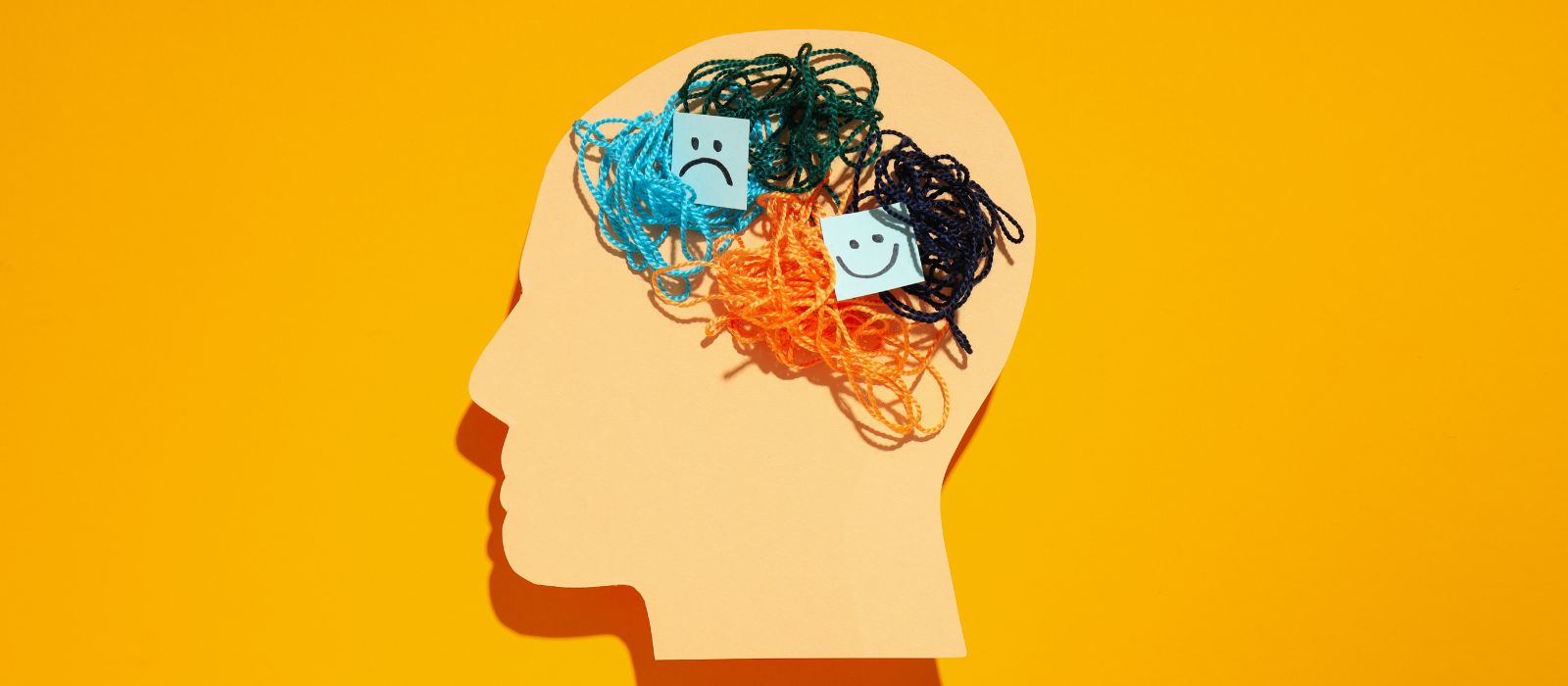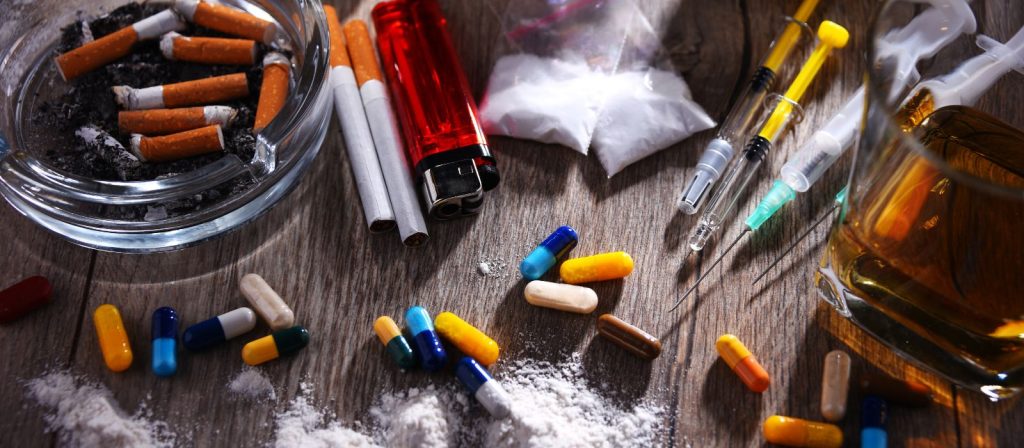
I have really tried during my writing journey not to be emotionally driven. Although passionate about the topics on which I write, I have always refrained from writing in anger, especially towards those in society who consider themselves to lead exemplary lives, those among us who lead a straight edge lifestyle; for although they do not visibly suffer from mental health disorders, partake in substance abuse or other social ills, they have driven many, through stigma and discrimination to severe cases of depression and addiction.
Everything I have written to date has been targeted at ‘US’ addicts and sufferers of mental heath illnesses; but today I aim my writing towards those in the so called virtuous outside world who look down upon and discriminate against ‘US’, in the hope I could maybe educated you and give you a bit of understanding about our plight.
There is a widespread misconception that addiction and mental health challenges are a choice, especially in our African community. It is widely believed that we have chosen this life, that may appear the case for some, but I come to you today to tell you with the highest degree of seriousness that addiction and mental health illnesses are for most not choices made. The high level of ignorance that exists is quite alarming and pitiful at times.
So today I shall explain.
Before you read on any further I implore you to read with an open mind. I know there are those who feel this way as it has been mentioned to me on occasion, but if you already feel as though I am attempting to justify social ills such as drug use and alcoholism, promiscuity and gambling, then I advise you to set it aside for a while until you are ready to be somewhat educated.
And to those who I have developed a fondness towards, those like me. Addicts and sufferers of mental health illnesses and their loved ones i encourage you read this and other pieces in my series so as to gain a bit more insight on Substance Use Disorder (SUD) and mental health issues.
And to the ‘righteous’ amongst us, those who sit on the pedestal of their ivory towers in their ‘perfect lives’ and have no sympathy towards the plight of those among us who have succumb to SUD and mental health challenges, I ask you sit down and take some time to gain some understanding on SUD and mental health illnesses. Their causes, effects and treatment. Treatment yes, because they are indeed illnesses that can be diagnosed and treated accordingly.
So if you are open minded, willing to learn or refresh some knowledge on the causes of addiction and their relation to mental health, I suggest you clear the next ten to fifteen minutes of your time and dive in to beGood Thoughts #18; Terror Twins, SUD and Mental Health Disorders.
Contrary to popular belief, addiction is not only as a result of poor life choices or mental health challenges resultant from wreckless misbehaviour. And neither are they symptoms of having been bewitched by family members as some in our society believe.
One of the major causes of addiction which is not widely known nor given enough attention is SUD.
SUD is a very much treatable mental health disorder that affects the brain. It causes changes in ones brain function and behaviour leading to ones inability to control their use of substances such as alcohol, medication, legal and/or illegal drugs.
Symptoms of SUD vary, from mild to severe. A severe symptom is generally addiction. This addiction does not only apply to alcohol and illicit drugs, whilst those are the most spoken off, but a large number of people have developed a dependence and at times addiction to certain medications such as painkillers, sleeping tablets, anti depressants, skin lightening creams and body building supplements.
If untreated, SUD may have mild to life threatening effects on both the sufferer and those with whom they come into contact. Although I would love nothing more, I shall not go into too much detail but merely highlight a few of the more severe effects which are namely addiction, physical illness, mental health disorders and death by overdose or poisoning.
It is unfortunate that that SUD tend not to exist in isolation and have been associated and partnered with other mental health disorders. Mental health disorders such as anxiety disorder, depression, attention deficit disorders, personality disorders and schizophrenia tend to co-occur with SUD. More often than not, a person suffering from either mental health disorders or SUD tends to be more susceptible to the other. Sufferers of mental health disorders tend to succumb to SUD steaming from attempts to self medicate. But it is important to note that one can on occasion exist in isolation. Hence the need for proper evaluation and diagnosis from a qualified health care professional.
Having suffered from both, I have developed a keen interest in the correlation of these illnesses.
Researches have suggested that these tend to co-occur due to either one or multiple of the following reasons. Both SUD and mental health disorders have common risk factors, such as genetics, stress or trauma.
As I mentioned earlier, mental health disorders can significantly contribute to SUD as sufferers tend to self medicate on alcohol, illicit and at times pharmaceutical drugs. And although some drugs may temporarily help with certain symptoms, they may worsen them over time or result in the onset of other mental health disorders that were not initially present. SUD can contribute to the development of other mental health disorders, as uncontrolled and unprescribed substance use, misuse and abuse may trigger changes in a person’s brain that leaves them at risk of mental health disorders.
SUD and all mental health disorders are treatable (or at the very least manageable). It is imperative that anyone who feels they may be suffering from either SUD or any mental health disorder ought to visit a health care provider for diagnosis and treatment. Self diagnosis and treatment is ill advised as it is challenging to make an accurate diagnosis as some symptoms are the same for both. A trained health care provider is equipped with comprehensive assessment tools which reduce the risk of misdiagnosis.
It is my dream that mental health checkups become a part of everyone’s health routine. In the same way one has regular dental, eye and general health checkups.
After an accurate diagnosis is given, a fitting treatment plan can be implemented. For someone suffering from both SUD and mental health disorders, it is necessary to have them diagnosed separately and treated individually or combined, and this decision can only be reached by a professional. Treatment may be in the form of one or a combination of the following, behavioural therapy and medication, which are prescribed based on ones specific combination of disorders and symptoms. The prescribed treatment ought to also take into account the severity of the disorder, the combination of disorders, the persons age and the misused substance(s).
Behavioural therapies for adults include Talk therapies such as CBT (cognitive behavioural therapy), DBT (dialectical behavioural therapy) just to name a few.
For adolescents and children, family structured therapies are generally applied, BSFT (brief strategic family therapy), MDFT (multi dimensional family therapy), etc.
Numerous medications are also available for the treatment of SUDs and various mental health disorders. But these are only to be used as prescribed and under the watchful eye of a health care professional.
DISCLAIMER: Please note that my posts and articles are meant for educational and informative purposes. They are not intended to be used for self diagnosis or as treatment alternatives. If you or someone you know struggles with depression, addiction or any other mental health condition please contact a mental health professional or authority near you.
MAM Disclaimer: The views and opinions expressed in this article are those of the author and do not necessarily reflect the official policy or position of My Afrika Magazine. All content provided is for informational purposes only and should not be construed as professional advice. My Afrika Magazine makes no representations regarding the accuracy, completeness, or reliability of the information contained in this article. Readers are encouraged to independently verify any facts presented. My Afrika Magazine assumes no liability for any losses, damages, or other consequences that may arise from reliance on the information provided in this article.



